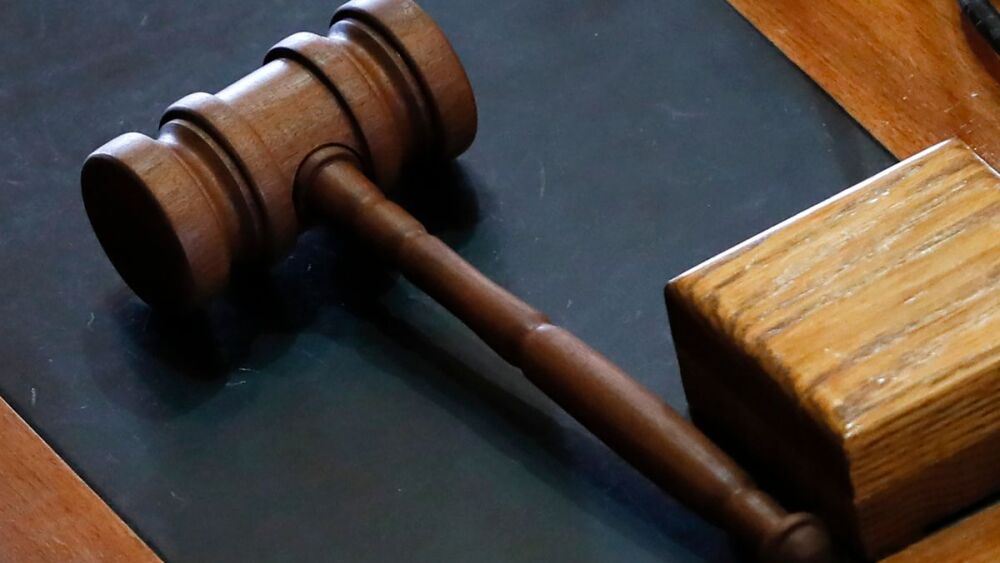By Blake Nelson
nj.com
TRENTON, N.J. — A state appeals court on Friday said New Jersey can release the names of officers found guilty of misconduct, in some cases going back decades -- a defeat for police unions who argued the plan would put a “scarlet letter” on cops who otherwise did their job well.
“The erosion of confidence in our law enforcement agencies is a serious problem,” Judge Allison Accurso wrote in the opinion, and the state attorney general “acted within the authority conferred on him” when he told police departments to identify some disciplined officers.
Friday appellate division panel’s decision was 3-0. It will likely be appealed to the state Supreme Court.
Unlike other states, New Jersey has long hidden the names of officers punished for drinking on the job, giving false testimony or abusing family members.
State Attorney General Gurbir Grewal tried to reverse course in June, the month after George Floyd was killed, by issuing two directives.
The first ordered police departments statewide to name cops who were fired, demoted or suspended for more than five days by the end of the year. Agencies needed to identify officers found guilty of misconduct going forward, although they were encouraged to also name anyone given “major discipline” in the past.
The second directive told the State Police, the juvenile prison system and part of Grewal’s office to name disciplined officers going back 20 years.
Police unions sued after the directives were issued, and a state appeals court stopped the releases until the two sides could meet in court.
Friday’s decision said officer names cannot be released for at least five more days, to allow time for an appeal.
More than a dozen lawyers debated the proposal during a four-hour hearing last month.
Ten lawyers representing a coalition of unions and law enforcement groups said the plan was too broad, and risked shaming cops who might have done nothing more than wear an offensive T-Shirt. Troopers had pleaded guilty to accusations in exchange for confidentiality, they said, and naming them now would violate that agreement.
Grewal’s office countered that the plan would “build trust in law enforcement in the middle of a once-in-a-generation reckoning over transparency and accountability.” Keeping the records secret crippled the public’s ability to monitor bad cops, said lawyers representing the public defender’s office, civil rights groups and two other law enforcement organizations.
Grewal addressed the lawsuits Thursday during an unrelated webinar.
The plan would enhance trust between cops and communities, he said, without being as sweeping as a proposal before the state Legislature (S2656) that would largely make all disciplinary records public.
“If people don’t trust the cops, they’re not going to report crimes, if people don’t trust the prosecutors, they’re not going to testify in court,” Grewal said. “If that doesn’t happen, that’s bad for public safety.”
(c)2020 NJ Advance Media Group, Edison, N.J.


